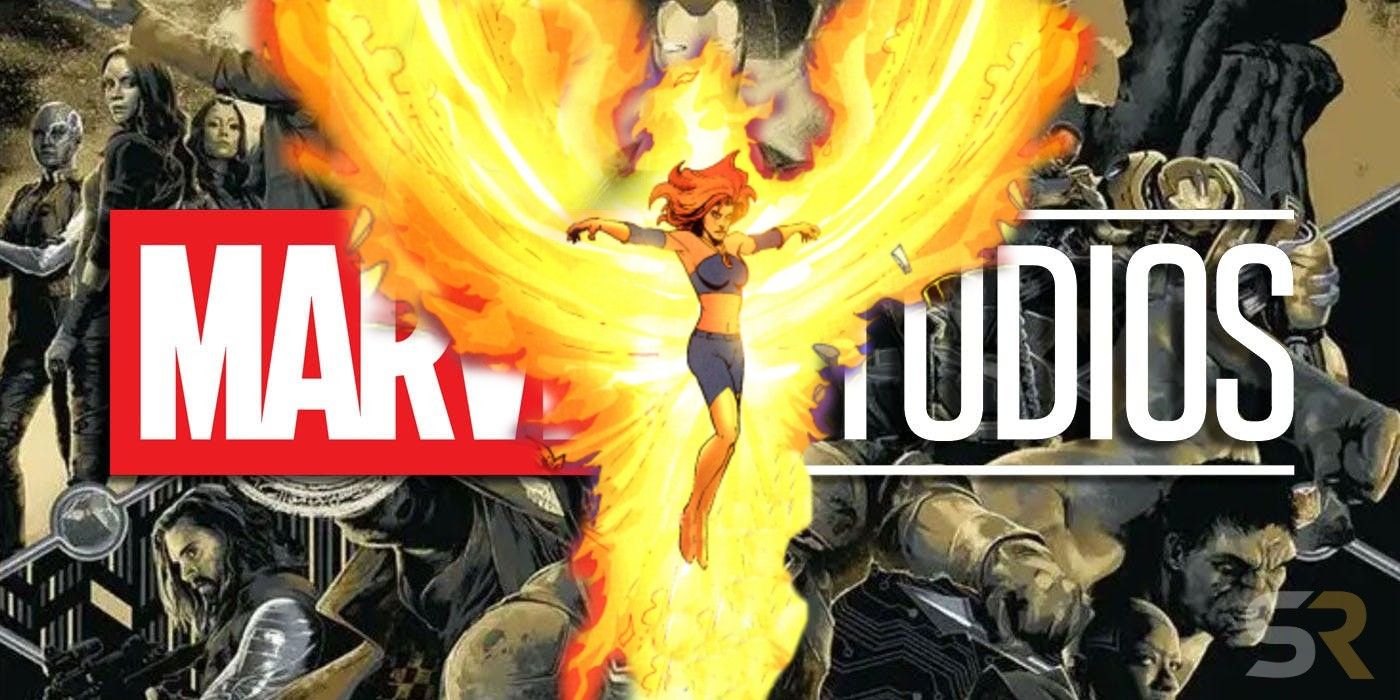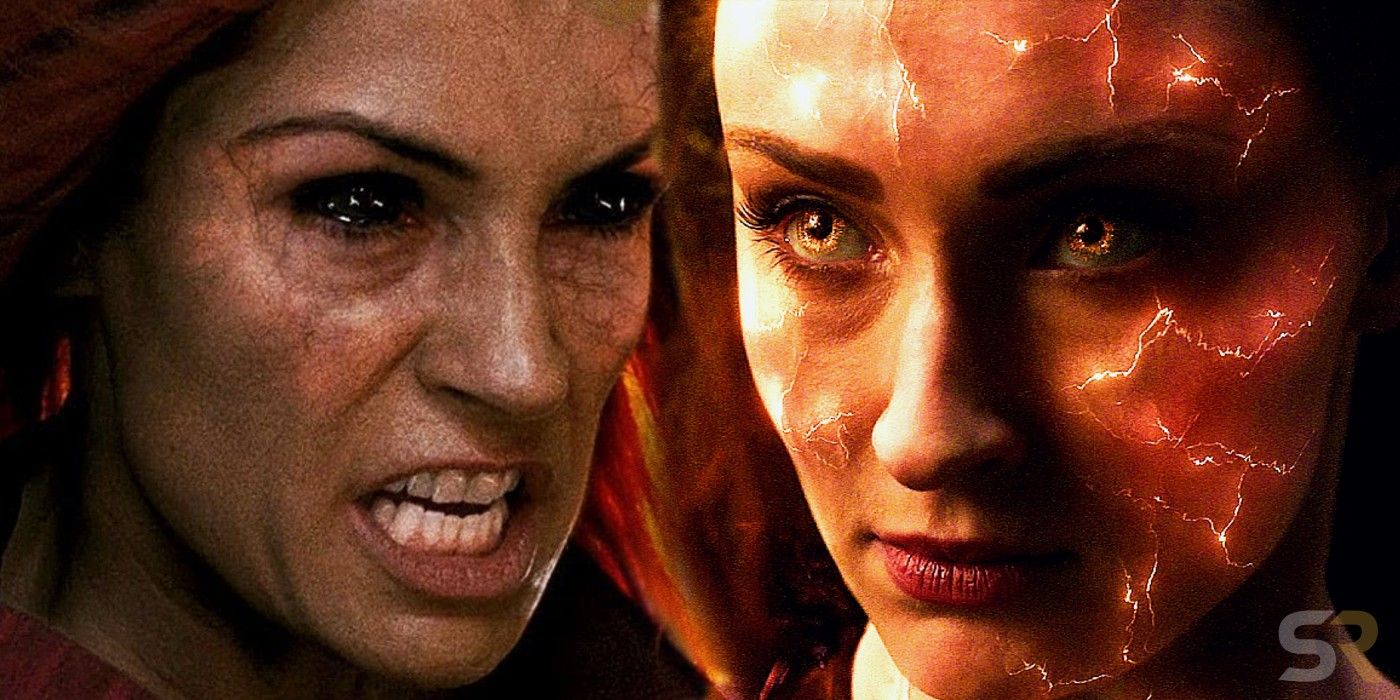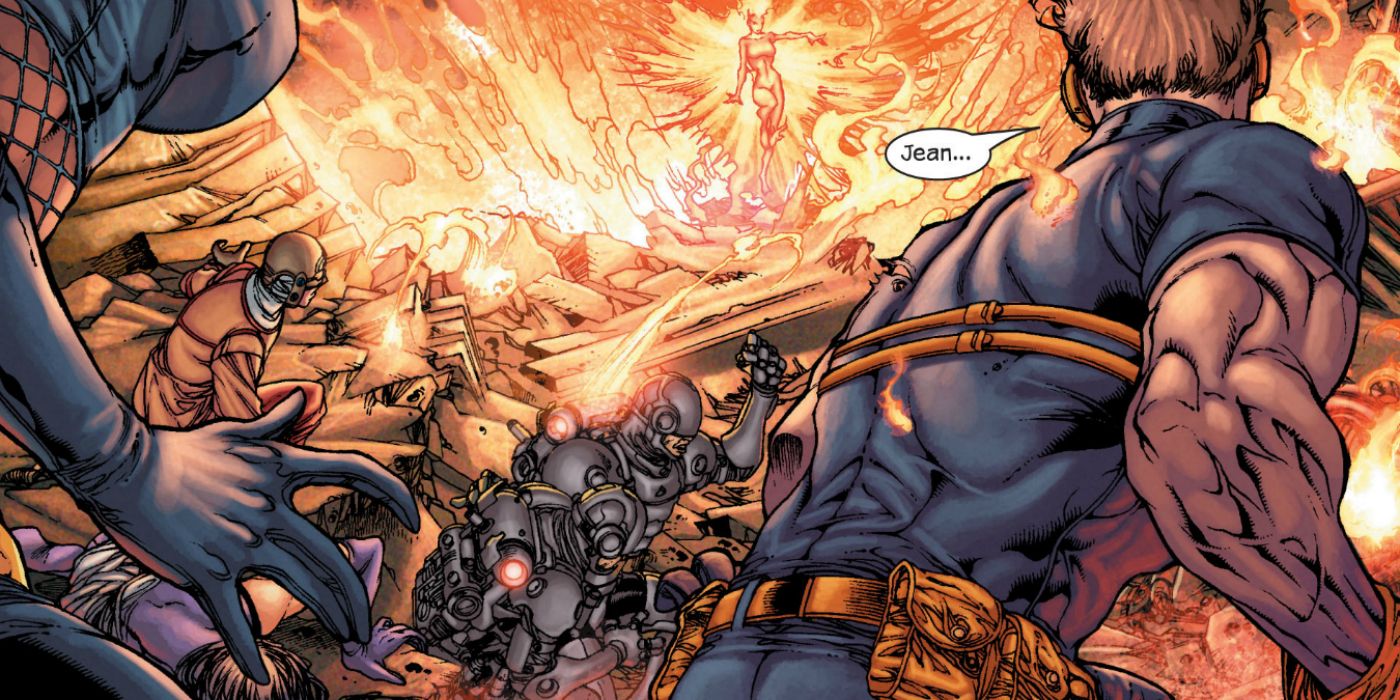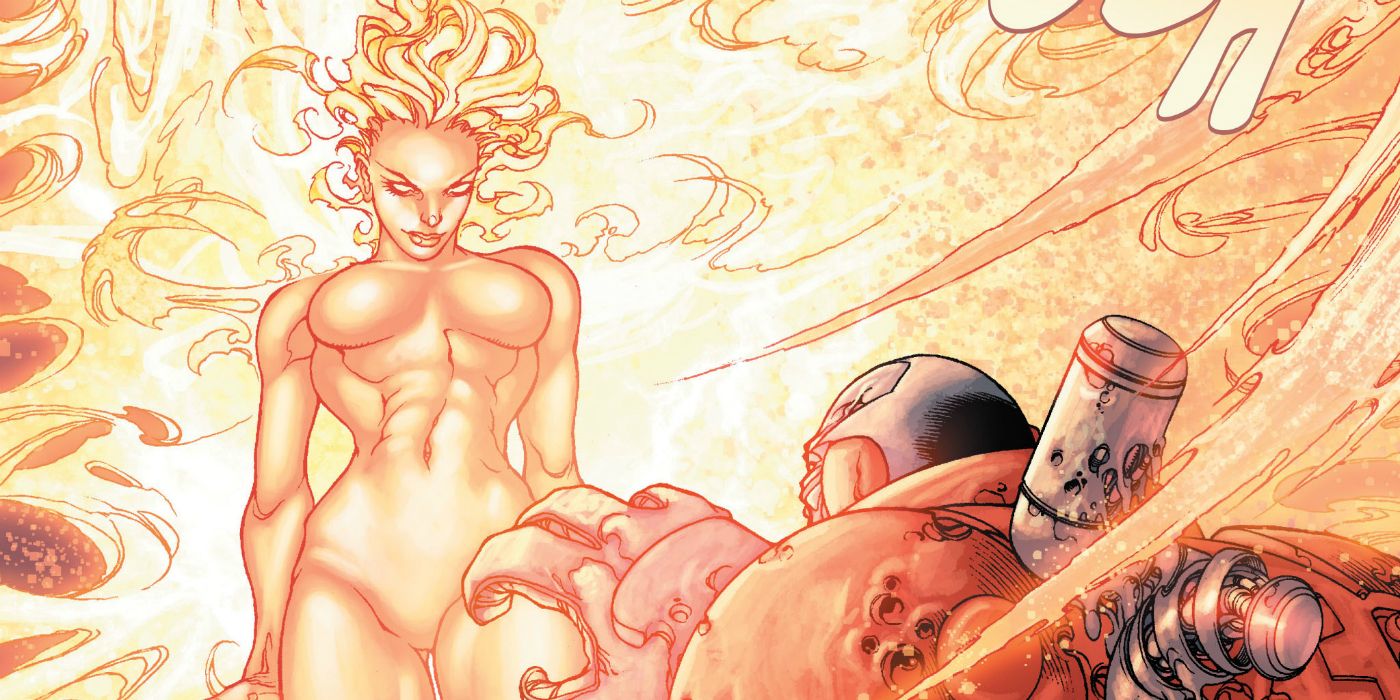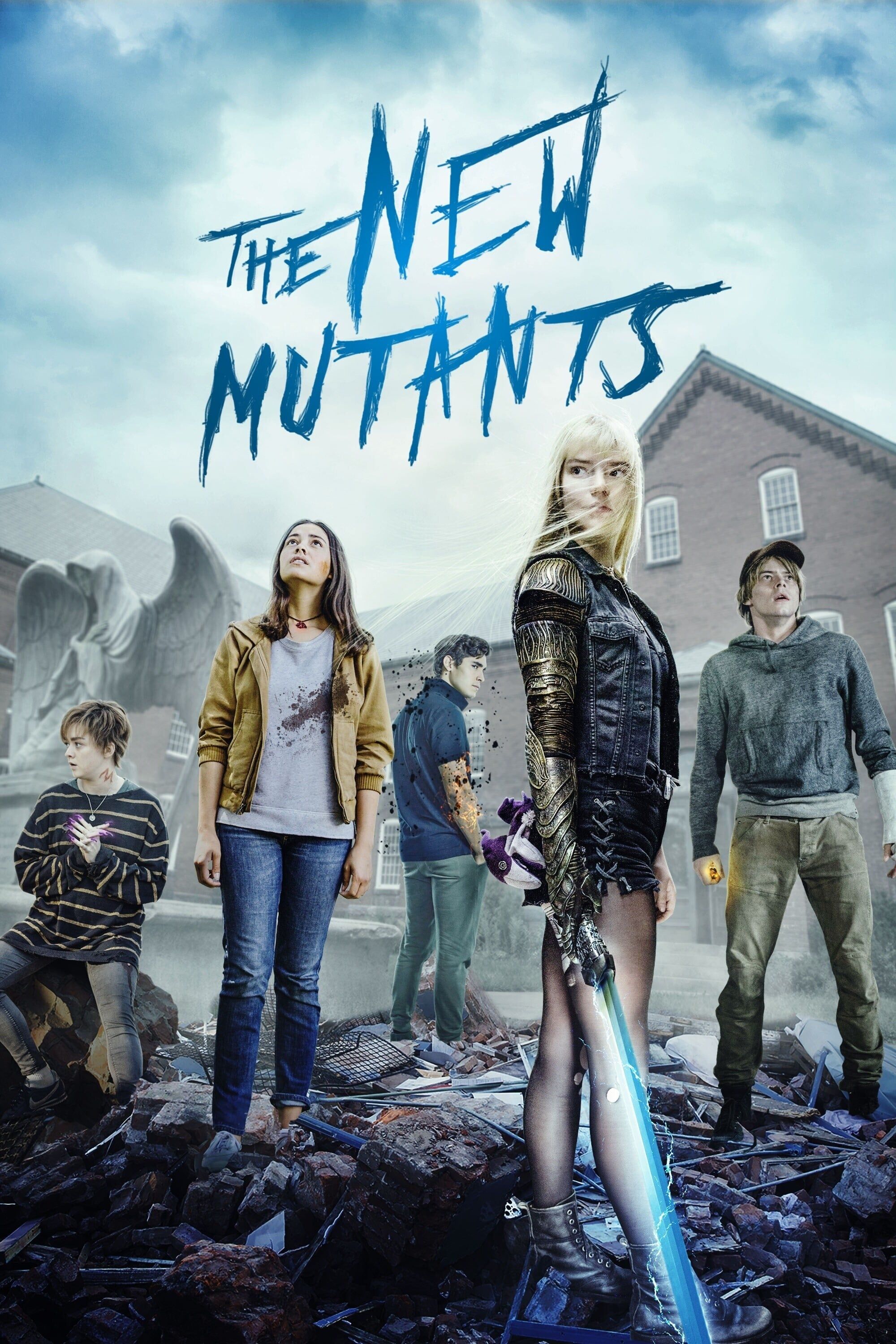Marvel Studios is soon to relaunch the X-Men franchise as part of the MCU - and they should do the Dark Phoenix Saga again, but with a major twist. X-Men: Dark Phoenix brings an end to Fox's X-Men franchise, and it bombed worse than anyone expected. Dark Phoenix was an outright disaster commercially, taking in $32.8 million domestically in its opening weekend and finishing second, behind The Secret Life of Pets 2. The film is expected to lose at least $100 million, meaning the Fox era of X-Men movies ends not with a bang but a whimper.
The film rights to the X-Men have been acquired by Marvel Studios, and the X-Men and the Fantastic Four are both to be relaunched as part of the Marvel Cinematic Universe. But Marvel doesn't like simply retelling tales already seen on the big screen before, which is why origin stories for the Hulk and Spider-Man were largely omitted from The Incredible Hulk and Spider-Man: Homecoming. In one interview, Marvel Studios president Kevin Feige carefully reminded viewers that there's more to the X-Men than the traditional big names like Cyclops and Wolverine. "It's not just the marquee names, you know," he noted. "There are hundreds of names on those documents, on those agreements... It's very exciting."
For all that's the case, though, it's inevitable that sooner or later Marvel will want to revisit Jean Grey. And when they do, their eyes are going to turn to the Phoenix Saga, a tale that was adapted twice by Fox - and failed both times. Is there any way Marvel can possibly make that epic comic book story work on the big screen?
Both Dark Phoenix Saga Movies Made The Same Mistakes
As iconic as the Dark Phoenix Saga may be, the truth is that it's always been something of an odd fit for the X-Men franchise. The best superhero franchises have a core concept that sits at their heart, an ideal that they stand for; for the Fantastic Four it's family, for the Punisher it's retributive justice, for Captain America it's a patriotic assessment of American self-identity. The X-Men's core concept is their battle to protect a world that hates and fears them; they stand for equality and tolerance, social justice and identity politics. Their cosmic adventures, including the Dark Phoenix Saga, don't always connect particularly well to this central idea. As a result, both X-Men: The Last Stand and X-Men: Dark Phoenix attempted to ground the Phoenix Saga in a way that's very different to the comics. In X-Men: The Last Stand, Jean's arc became almost a B-plot, suborned to an ill-judged "Mutant Cure." In X-Men: Dark Phoenix, Jean's brief and underwhelming rampage led to the reopening of mutant concentration camps.
X-Men: Dark Phoenix writer-director Simon Kinberg insisted that The Last Stand's biggest mistake was its failure to go cosmic. As a result, his original plot ended Dark Phoenix with Jean launching into space to destroy an alien fleet, but extensive reshoots cut this because Fox realized it was too similar to another superhero film (probably Captain Marvel). The final film does retain cosmic elements, with Jean encountering the Phoenix Force in space just as in Chris Claremont and John Byrne's original classic comic book adventure; but it fails to commit to them, and as a result nothing quite works.
The Ultimates Version Of The Dark Phoenix Saga Is Different
Fox's two attempts to tell the Phoenix Saga may have been riddled with problems, but they, unfortunately, do mean that this story is well-established in viewers' minds. If Marvel is indeed to adapt the Phoenix Saga at some point, they're going to need to find a way to make it fresh and new. The solution may well lie in the Ultimate Comics, a modernized retelling of the Marvel Universe that has already been the inspiration for a lot of the MCU.
The Ultimate version of Jean Grey was introduced as potentially the world's most powerful psychic, her abilities intimidating even Charles Xavier, and over time she began to experience haunting visions of a world consumed by fire. The X-Men only learned the truth when they were approached by a religious cult, who revealed that Jean was the host of the Phoenix Force. The Phoenix was described as a cosmic force of creation, restrained in a vast psychic prison millennia ago by races who feared it. The prison was left in a star-system, where its gravitational pull drew asteroids to it and it eventually became the center of a planet; the Earth. The Phoenix Force may have been contained, but from its prison it was still able to manipulate the evolution of humanity, directing humans to evolve in such a way that a potential host would one day be born. Jean Grey was this host, her genetic structure mutated at conception so as to connect her to the Phoenix Force, with which she ultimately bonded.
It's a smart approach, avoiding simply retelling the by now too familiar story of Jean's baptism by fire in a solar flare. What's more, it allowed comic book writer Robert Kirkman to seed the Phoenix Saga from the start, hinting at Jean's power levels and even potential mental instability long before he committed to the Phoenix.
Why The Ultimates Dark Phoenix Saga Fits The MCU Better
There's some evidence that Fox originally intended to draw upon the Ultimate X-Men version of the Phoenix Saga; certainly that's the version hinted at in X-Men: Apocalypse, while Phoenix's original fiery designs in X-Men: Dark Phoenix are also evocative of it. In the end, though, the studio pivoted away from this, inadvertently creating one of the biggest plot holes in the entire X-Men franchise. That pivot was probably unwise, but it does mean that the Ultimate X-Men version of the story is free for Marvel to adapt.
The Ultimate Comics have often served as a template for the MCU, and there's a simple reason for that; because they were retelling classic stories, the writers knew full well what was coming. Everybody who picked up an issue of Ultimate X-Men knew that, sooner or later, the comic would adapt the Phoenix Saga; thus Kirkman could begin to seed it years in advance, a slow-burn plot that really paid off. That allowed him to use Jean as a psychic powerhouse, to tease what appeared to be a psychological breakdown, and finally to unveil his version of the Phoenix Force. The original Phoenix Saga was unclear what had happened - even writer Chris Claremont wasn't clear whether the Phoenix was a separate entity when he wrote the story in the 1970s - but Kirkman's narrative was simple and efficient. It would be perfect for the MCU, where the next 5 years or so are typically nailed down but up to a decade's worth of ideas are being discussed at a time.
Meanwhile, this approach would fundamentally transform the X-Men's core concept. The Phoenix could be the cause of mutation on Earth, meaning the X-Men would become a bridge between the MCU's Earth-bound and cosmic adventures. Handled carefully, spacebound stories could be woven just as naturally into the franchise as the battle against prejudice and discrimination. Marvel's X-Men movies would therefore gain a new, distinctive element that separates them from their Fox predecessors - and a retelling of the Phoenix would be key to that.

